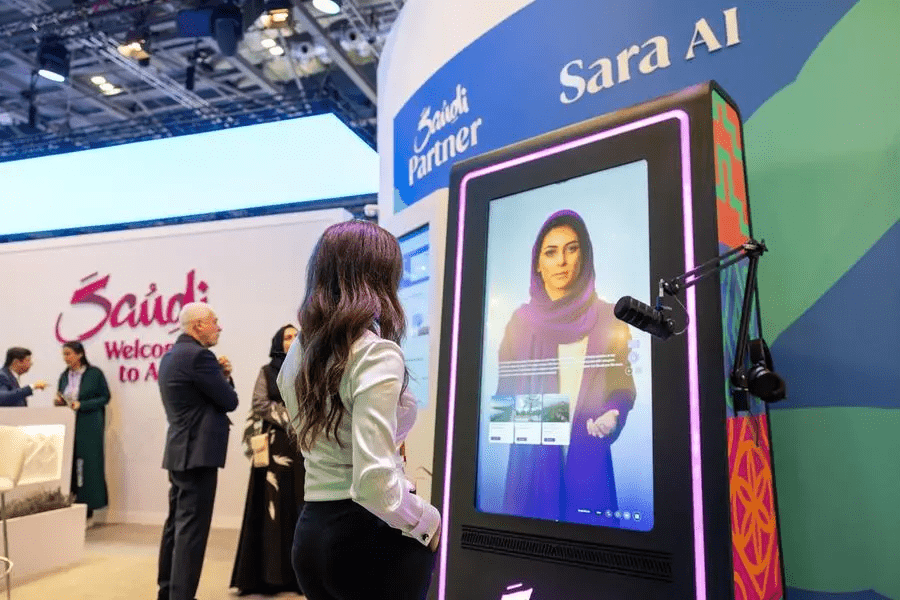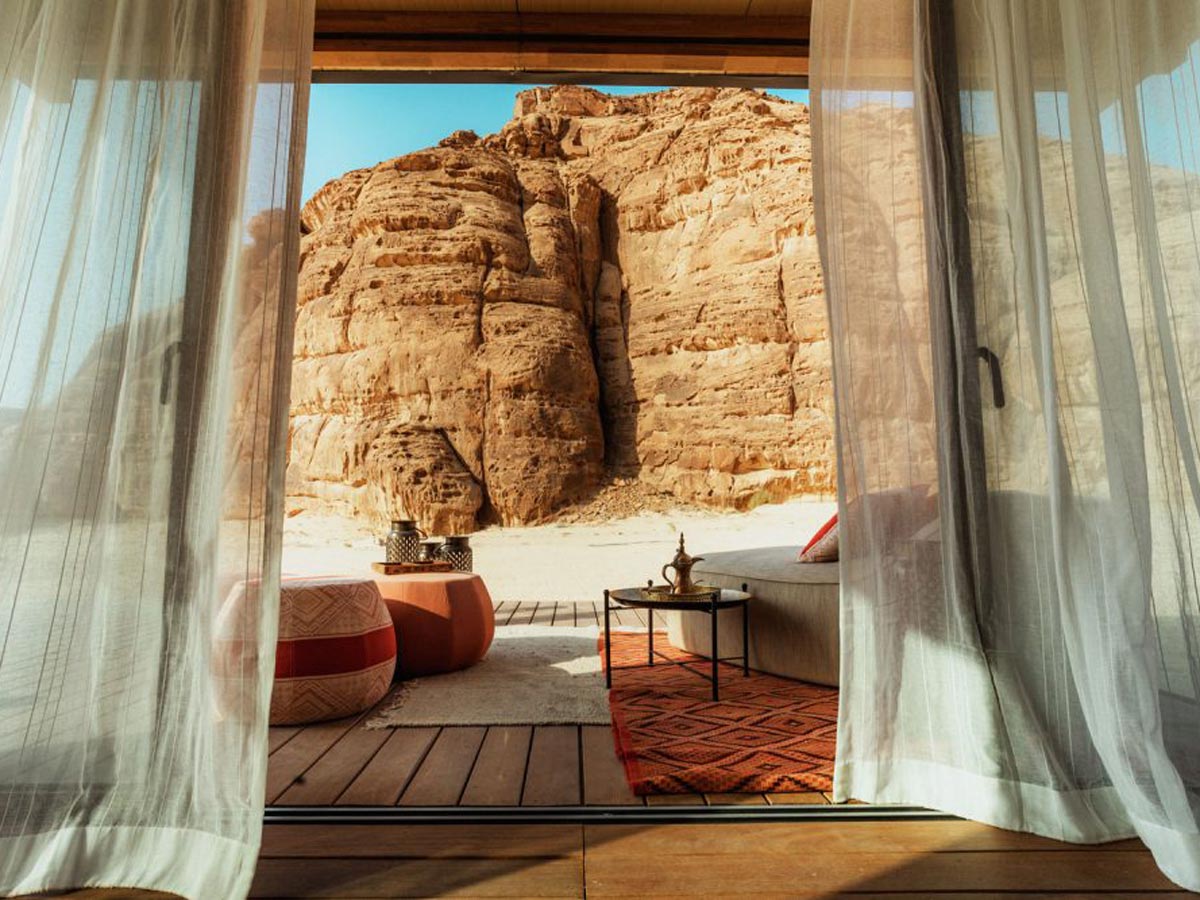The hospitality industry is about to hit turbulence. As travel demand explodes and guest expectations skyrocket, hotels face a stark reality – evolve or fall behind. IDeaS’ latest eBook, Future Forecast: Hospitality Tech Predictions for 2026, serves up a roadmap to navigate the storm and thrive in the coming year and beyond.
Drawing on exclusive survey data from both hoteliers and technology partners, the report provides a practical framework for an industry determined to simplify complexity, strengthen resilience and redefine profitability through innovation.
“Hospitality is at a pivotal moment, where technology, AI, and unified strategies can unlock entirely new ways of operating,” said Klaus Kohlmayr, Chief Evangelist & Development Officer, IDeaS. “This isn’t about replacing people. It’s about empowering them to simplify complexity, innovate faster, and deliver exceptional experiences that drive both profitability and sustainability. At IDeaS, we’re committed to helping hoteliers turn disruption into opportunity.”

Tech brings clarity to complexity
The hospitality sector is facing a familiar challenge with too many systems, yet too little integration. According to IDeaS, only 54% of hoteliers report using mostly integrated tools—leaving a significant gap to bridge. The trend toward technology simplification has therefore become a competitive necessity, not a luxury.
As Katie Moro of Amadeus Hospitality noted, “As hotels continue to navigate fragmented systems and siloed data—often while being asked to achieve more with fewer resources—I believe 2026 will be defined by a strong push toward operational excellence.”
Simplification, in this context, doesn’t mean doing less. It means doing better. By streamlining systems, automating workflows and embracing smarter integrations, hotels can reduce friction and empower their teams to focus on what truly matters: guests. Efficiency, cohesion, and clarity are becoming the new currencies of commercial success.
The rise of the augmented hotelier
AI is no longer the stuff of futuristic fantasies. The fact is, it’s rapidly becoming part of daily hotel operations. IDeaS’ data reveals that 89% of hoteliers are planning new AI applications, with 78% already using AI today. From chatbots and sentiment analysis to personalised booking journeys, the “augmented hotelier” is here.
“The challenge is finding the right balance—leveraging technology and AI for efficiency, while keeping service deeply personal and engaging,” said Werner Meyer of Busyrooms.
AI-driven assistants are helping teams forecast demand, optimise pricing and automate routine decisions, creating more time for human creativity and empathy. In a world where travellers expect seamless convenience and personal attention, this hybrid human-AI partnership is redefining what hospitality excellence means.
Working smarter, together
One of the most significant shifts highlighted in the Future Forecast report is the unification of commercial teams. Future-ready hotels are aligning sales, marketing, and revenue management around a single source of truth. The goal? Sharper segmentation, better channel optimisation, and faster market response.
The report notes that unified commercial strategies will be key to navigating unpredictable conditions, maximising profitability and unlocking new opportunities. With global mega-events like the Winter Olympics and expanded FIFA World Cup on the horizon, flexibility and data-driven decision-making will separate the agile from the overwhelmed.
Unified teams, working from connected data, are better positioned to anticipate shifts in demand, time their marketing precisely, and focus on profitability over volume. In the hospitality world of 2026, smart alignment—not speed alone—will be the ultimate differentiator.
Sustainability and resilience

Sustainability, long a hospitality talking point, is now evolving into a defining business strategy. Yet IDeaS’ survey reveals that 46% of hoteliers admit it’s often deprioritised, while a quarter describe current sustainability efforts as “mostly a brand or marketing effort.”
True sustainability, the report argues, must go hand-in-hand with operational efficiency and profitability. Hotels are focusing more on energy and water optimisation, waste reduction, and data-driven forecasting that aligns resource use with demand. The result is a model where ecological and financial sustainability coexist—not compete.
“As budget constraints persist, data-driven decisions will be key to confident planning and sustainable growth,” the report adds.
The hospitality industry’s workforce stability is also part of this equation. With talent shortages continuing, automation, upskilling, and cross-training are becoming essential tools for maintaining operational resilience. Hotels that invest in empowering their teams will be the ones that sustain success long after the next cycle of change.
A new era of connected hospitality
In essence, Future Forecast: Hospitality Tech Predictions for 2026 serves as a wake-up call and a guide to action. We can all agree that technology is no longer an optional extra, but the very foundation for how hotels must operate, connect and grow.
The hospitality industry is entering an era where resilience is as important as revenue, and where integration, intelligence and inspiration must go hand-in-hand. As the report concludes, “Those who embrace these trends will be well-positioned to deliver exceptional experiences, build stronger organizations, and lead the way in a rapidly evolving landscape.”

